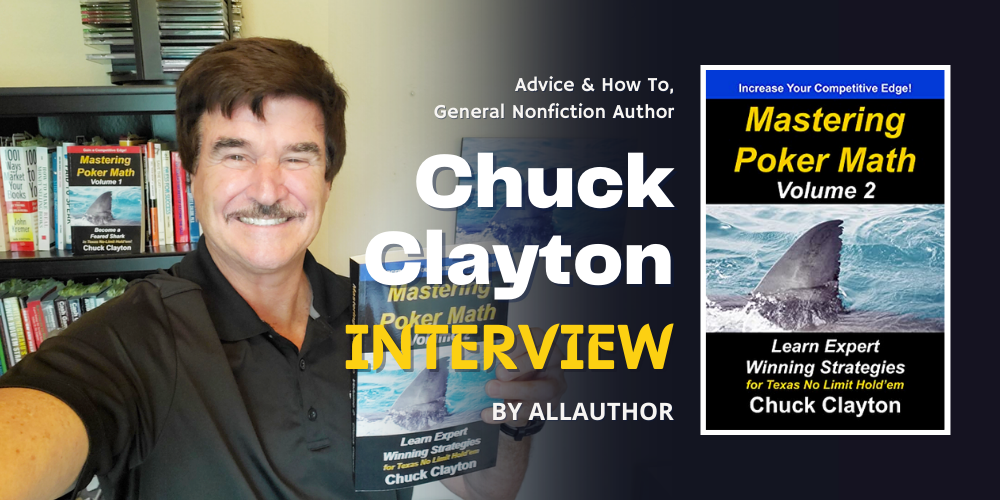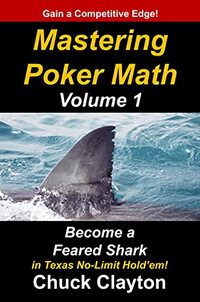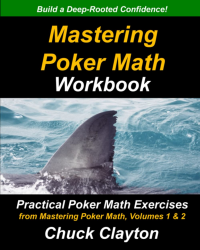How would you describe your childhood home?
I grew up in Dearborn Heights, Michigan, on a one-acre property with my parents and two sisters. I played baseball, hunted frogs, rode bikes, and explored in the summers with my friends. In the winters, we played in the snow. It was a wonderful time to grow up, and I had great parents!
While growing up, did you, in any way, have any embarrassing moments?
Too many! My mother believed I could do anything, so I tried a lot of stuff. I have failed many times, but that is a huge part of learning. I have also succeeded.
Who introduced you to the world of books?
When I was a child, I was so active that I didn't like to read. I read comic books and found out later my mother let me read them because I didn't like reading at all—and at least I was reading something. Superman was my favorite character.
It wasn't until I was an adult that I fell in love with books—mostly nonfiction. No one was instrumental in getting me highly interested in books.
I started my passion for books when I realized that each (nonfiction) book (when seriously written) is incredibly compressed knowledge.
In other words, a book contains hundreds, if not thousands (or tens of thousands) of hours of knowledge and experience. For a handful of hours reading, one can gain incredible knowledge and insights into another person's mind that took years (sometimes) decades to accumulate!
Did you always want to be a writer?
Absolutely not! I went to a second college to get through English because I would be an engineer and didn't feel I needed strong English skills. I have paid for that sin many times over!
If someone had told me I would be a writer someday when I was twenty, we would likely have had a big laugh and moved on. That being said, the statement "the pen is mightier than the sword" always fascinated me.
Did you ever consider turning your passion for sports into a professional career?
No. I was good at sports but never that good at any particular sport to consider being a professional.
What are the best resources for learning about poker math and probabilities?
If you want to learn the basics, the web has a lot of good information.
In my humble opinion, my books Mastering Poker Math, Volume 1 and Volume 2, are the best resources if a player wants to gain a visceral understanding of the math and integrate it with the rest of their game.
What inspired you to write your book, Mastering Poker Math: Become a Feared Shark in Texas No-Limit Hold'em?
When I first started playing poker, I was fascinated with the math and probabilities of the game. I dug deep and found some significant gaps in poker mathematics. Over time I took many notes during and after games, and eventually, Mastering Poker Math, Volume 1, was born.
Do you think your series, Mastering Poker Math, will help readers in becoming a professional poker player?
Poker is an extremely complex game that has many levels. It has been said that Texas No-Limit Hold 'em takes an hour and a half to learn and a lifetime to master. This is a powerful statement. Poker is so intricate that artificial intelligence (AI) programs have been used to analyze the game's complexity and try to beat it.
Poker is rich in the mathematics and mental part of the game. In other words, it uses much of your left brain and your right brain.
Becoming a pro is tough. It takes dedication, huge amounts of time, practice, study, and more. Studying books is only one part of the equation. My books can help almost any player improve their game when used properly (even many pros).
Mastering Poker Math, Volume 1 is for beginning and intermediate players. Mastering Poker Math, Volume 2 is for intermediate to advanced players.
What kind of research do you do, and how long do you spend researching before beginning your book?
I first started playing Texas No-Limit Hold 'em to encourage others to attend a charity event I was holding for ICAN (The International Cancer Advocacy Network). ICAN helps people and their families navigate treatments etc., through late-stage cancer.
I soon found myself attracted to the game! I initially watched some videos on poker by Daniel Negreanu (a top poker player) and then read a book. Then I read another book and then another. I was hooked! I read many more books, watched videos, and did many calculations to get a visceral understanding of the math. I also played a great many tournaments. Practical experience is essential!
I pulled out my statistics book from my MBA program to learn the probabilities. I took notes when I was playing and after. The more I learned, the deeper and richer I found the game.
In books and the internet, I found some of the math. But as I got deeper, I found the practical poker math lacking. That was the beginning of writing Mastering Poker Math, Volume 1.
After releasing Mastering Poker Math, Volume 1, I continued to take notes (before and after games) and read more books. I found more math that needed to be addressed, and that was the beginning of Mastering Poker Math, Volume 2. It was released this year.
In Summary:
Mastering Poker Math, Volumes 1 and 2 are created to help fill these practical poker math gaps.
Do you really need to understand poker math if you want to be successful at poker?
Absolutely! As I mentioned earlier, Artificial Intelligence is being used to try and beat the game.
The AI program called Pluribus was developed by Carnegie Mellon University in collaboration with Facebook. It achieved a recognized milestone in artificial intelligence and game theory using strategic reasoning to beat world-class Texas No-Limit Hold 'em, poker players, heads-up. Even more impressive was that Pluribus won a 6-player game against world-class players.
Computers rely heavily on math and patterns to strive to determine optimal strategies. This adds fuel to the fire of the importance of learning poker math to become an exceptional player.
If you could tell your younger writing self anything, what would it be?
That’s easy! Study harder when you are young. I didn't take schooling seriously enough until I got into my master's program at Pepperdine University. It took a while to catch up when I got into real life!
Do you read your book reviews? How do you deal with bad or good ones?
Yes, most of the reviews are good to excellent. Sure, the bad ones can bother you, but if they are less than 7%, they aren't worth concerning oneself over.
Do you prefer to write alone and in a quiet atmosphere? Or in public with a lot of background "white" noise?
The vast majority of the time, I write alone. I usually like to listen to music when I am writing. When traveling, I occasionally write (when working on a project). Writing with others around has advantages of conversations during breaks in writing etc. However, I just haven't gotten into that mode very often.
What book ideas are you currently working on?
I am currently working on Mastering Poker Math, Volume 3 A Workbook. It is coming along nicely. I plan on releasing it sometime next year---hopefully by the spring.
When and why did you join AllAuthor, and what are your thoughts on the website so far?
Earlier this year, I was on a site called Kindlepreneur and found 127+ of the top free and paid book promotion sites. I found AllAuthor there. It is head and shoulders above the rest of the sites presented! Also, the cost is very reasonable. In other words, you get a lot of bang for your buck with AllAuthor!







